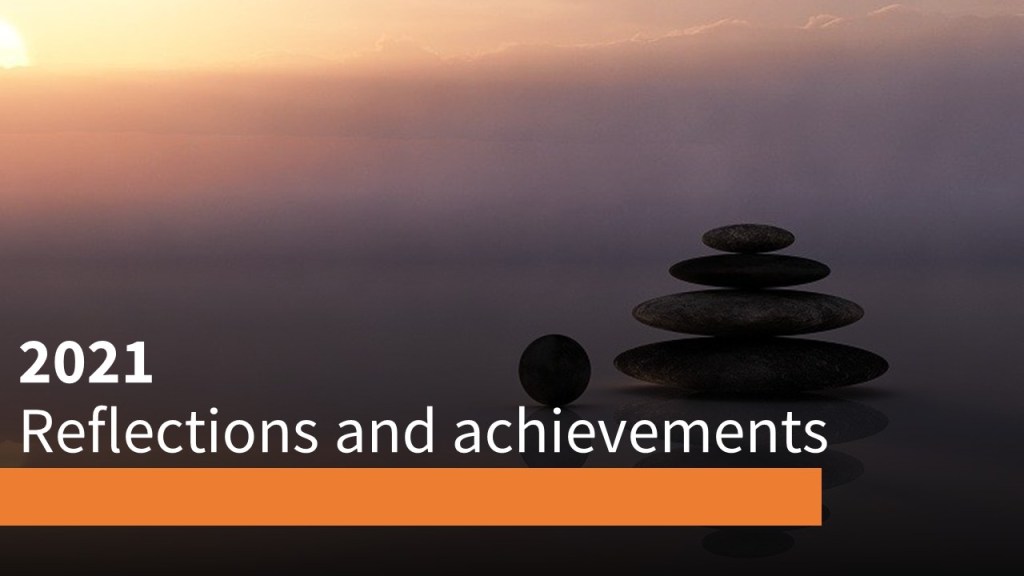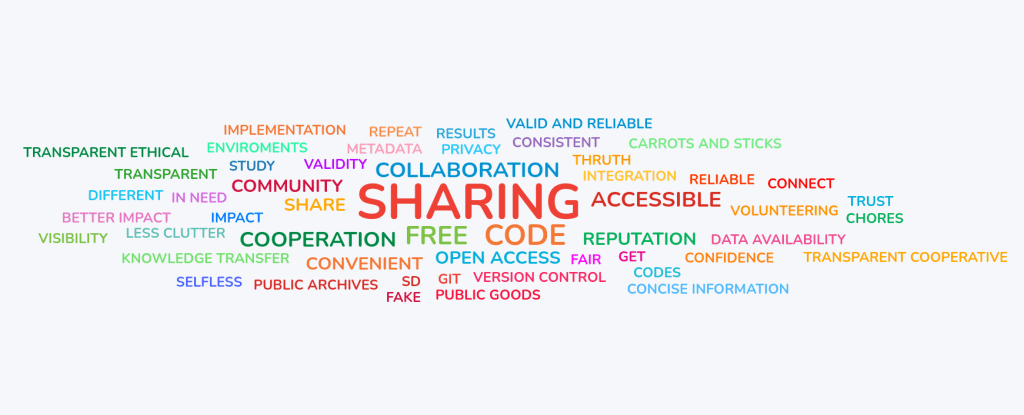Data Stewardship and Consultation
Executive Summary
To move forward and improve how data stewardship is implemented, the impacts of current and past approaches need to be well understood. Qualitative interviews were carried out with data stewards at TU Delft to get a better understanding of consultation and the impact of data stewardship. The results of this work can also be used as an informative reference point for the current state of data stewardship and in particular the current role of data stewards.
The questions asked mainly surrounded three areas, the scope of data stewards’ role, common consultation topics and the difficulties encountered. Regarding the scope, some large roles were reportedly missing. The common consultation topics handled by data stewards were identified as fulfilling the original needs found in the 2018 report1 and questioning difficulties yielded a number of suggestions from data stewards for helping improve the current approach.
Introduction
Data stewardship has been a growing part of research for many years now. Concerns over integrity and reproducibility have driven this along with an increasing need for large-scale data handling2. The FAIR guiding principles for research data stewardship were first put forward in 2014 and serve as the core concepts behind data stewardship. FAIR stands for findability, accessibility, interoperability and reusability and it is a cornerstone of research policy that all work carried out should be follow the FAIR principles. Making research FAIR however requires changes in research culture, policy and training schemes.
One approach to improving data stewardship is through providing data stewards as disciplinary data management consultants for researchers. Data stewards were first appointed at TU Delft faculties in 2017 and were implemented to address data management needs across the campus. Each data steward has subject specific expertise to provide relevant and effective support to specific data management needs of each field. The original scope set out for data stewards was to provide the following:
- Tailored consultations on data management practice
- Advice on the use of data management tools
- Help with data management plans and funders policies
- Help with meeting journals’ requirements for data availability
- Information about data repositories
- Advice on increasing impact and data sharing
- Dedicated workshops and information sessions on research data management
- Information about working with confidential research data
Understanding how the scope changes over time can provide an indirect measure of and insights into the impact of data stewards on research.
To understand the impacts of data stewardship, the Data Stewardship Coordinator set out to qualitatively analyse the policy implementation, training and consultation across faculties and generate an informative report to be used as reference moving forward. Here we discuss the interviews with data stewards regarding consultation with some reflections and suggestions from the data stewards.
Methodology
A set of semi-structured qualitative focus group interviews were carried out with data stewards to ask questions about their work, specifically, frequently dealt with topics, how accurate the scope is, what has changed over time and what difficulties they encounter. The interviewees were selected based on their role as data stewards who regularly carry out consultations and were informed that the findings would be used to create a report on the impact of data stewardship. Interviews lasted on average 40-60 minutes and were not audio/video recorded but responses and key notes were taken during the interviews.
Areas of Data stewardship Consultation
Data stewards carry out an array of roles and consult on many topics depending on the needs of their faculty. The answers collected can be loosely grouped into three areas: The scope of data stewards, difficulties encountered and consultation topics.
Scope
Data stewards were asked about the accuracy of the scope and whether they could identify any important responsibilities missing as well as anything that may be out of date or no longer relevant. All data stewards agreed the scope was mostly complete.
As part of data consultation, data stewards advise researchers on publishing open science and managing research code. These were reported as important parts of data consultation that are not acknowledged in the scope. Beyond consultations, data stewards act as communicators linking researchers to the resources and staff they need; they also assist in development of research data management policy by providing feedback and input. Both activities were reported as important but missing from the scope.
When asked about whether any parts of the scope were no longer relevant the data stewards were mostly in agreement that everything present was accurate and a relevant part of the tasks they carry out. However, a few points were brought up regarding elements of the scope that were rarely dealt with. Compliance with journal policies was suggested to be the least dealt with issue out of those present within the scope.
Difficulties in Data stewardship
To understand better the role data stewards are playing in aiding researchers, we asked them questions regarding what takes up the most time, the most difficult topics to aid researchers with and whether there are sufficient resources available to effectively help people in consultation. It’s important to note that there’s a large variety in the needs of researchers in different faculties and therefore the answers may reflect that.
Most data stewards agreed that reviewing data management plans took up the most time due to the frequency of the requests, it was also identified that tailored consultations were time intensive also, with advice on data storage and personal data being commonly brought up. As for what issues were difficult to resolve, the response depended on the faculty. Large collaborations and complex custom arrangements were reported as some of the most difficult issues to deal with along with confidential/personal data and legal issues.
Common RDM issues for DSs
To get a more complete understanding of the support data stewards provide, we formed a list of categories of the topics data stewards consult on and asked what the main issue they dealt with was for each:
- Data management planning – Personal data-related questions are most frequent. Licensing issues, questions about IP were also cited as being a frequent issue to develop in the DMP process.
- Data storage, backup, and archiving – A large issue was researchers using personal computers for data storage rather than secure storage and being unaware/unsure about options for storing data, particularly with large/public data sets.
- Data impact and sharing – Researchers struggling with what to and not to share, along with questions being asked about the rules regarding confidential and personal data sharing.
- Licensing – A wide range of questions on the topic including what license to choose, custom licenses and software licenses.
- Data management tools – The biggest problem was the use of non-licensed, non-approved and potentially insecure tools.
Discussion
When attempting to understand impacts of data stewardship, it’s important to look at the goals set and original intent for the current system. Both the policy framework documents and reports from 2018 can be looked at for this1. In the 2018 report, researchers were consulted, and the primary needs were identified. Considering the answers given by data stewards and the original scope we can see how the original needs are being met by current data steward activities (Figure 1).

Figure 1: Table showing the original needs identified in the 2018 report1 alongside the current activities of data stewards based on answers provided regarding common topics they consult on and the accuracy of the scope.
The answers regarding the scope and common consultation topics match up well with the original goals and serve as an indicator of how data stewards are impacting research through fulfilling the demands for advice and consultation.
Suggestions
From the answers collected, several issues were brought up along with some suggestions of how they could be remedied. Regarding updating the scope, the opinion of data stewards was that generally it was still applicable and valid however, there were aspects where they suggested improvements could be made. Two large roles were missing, the liaison role and their activities in fostering policy development which could be used to update the scope.
When asked about potential resource limitations, the data stewards agreed on the primary limit being in expertise. The data stewards suggested that more support with legal and privacy/personal data issues would be helpful, especially given how they reported legal issues being so time costly.
References
1. Marta Teperek. Views on Data Stewardship – report of preliminary findings at the Faculty of Technology, Policy and Management (TPM) at TU Delft. (2018).
2. Boeckhout, M., Zielhuis, G. A. & Bredenoord, A. L. The FAIR guiding principles for data stewardship: fair enough? Eur. J. Hum. Genet. 26, 931–936 (2018).



